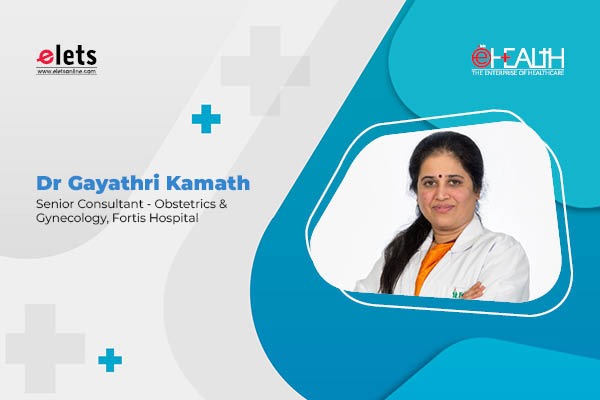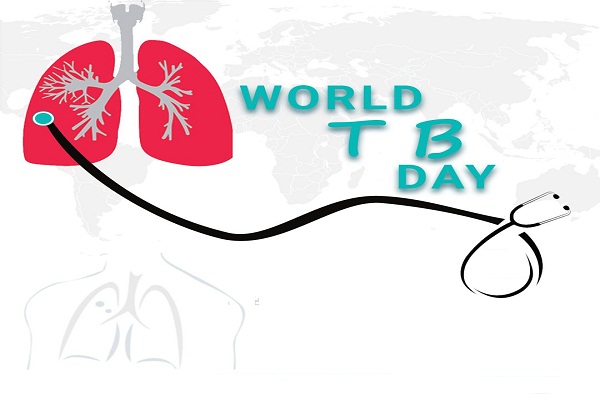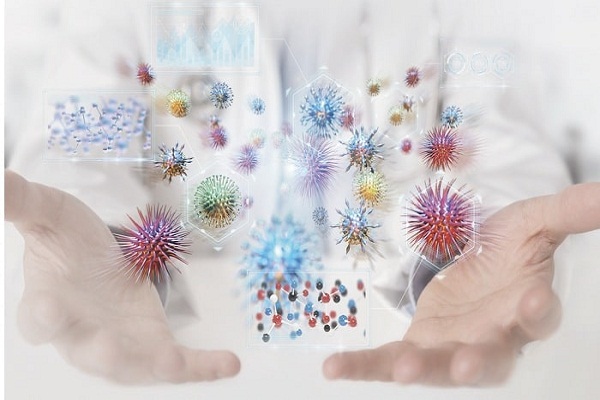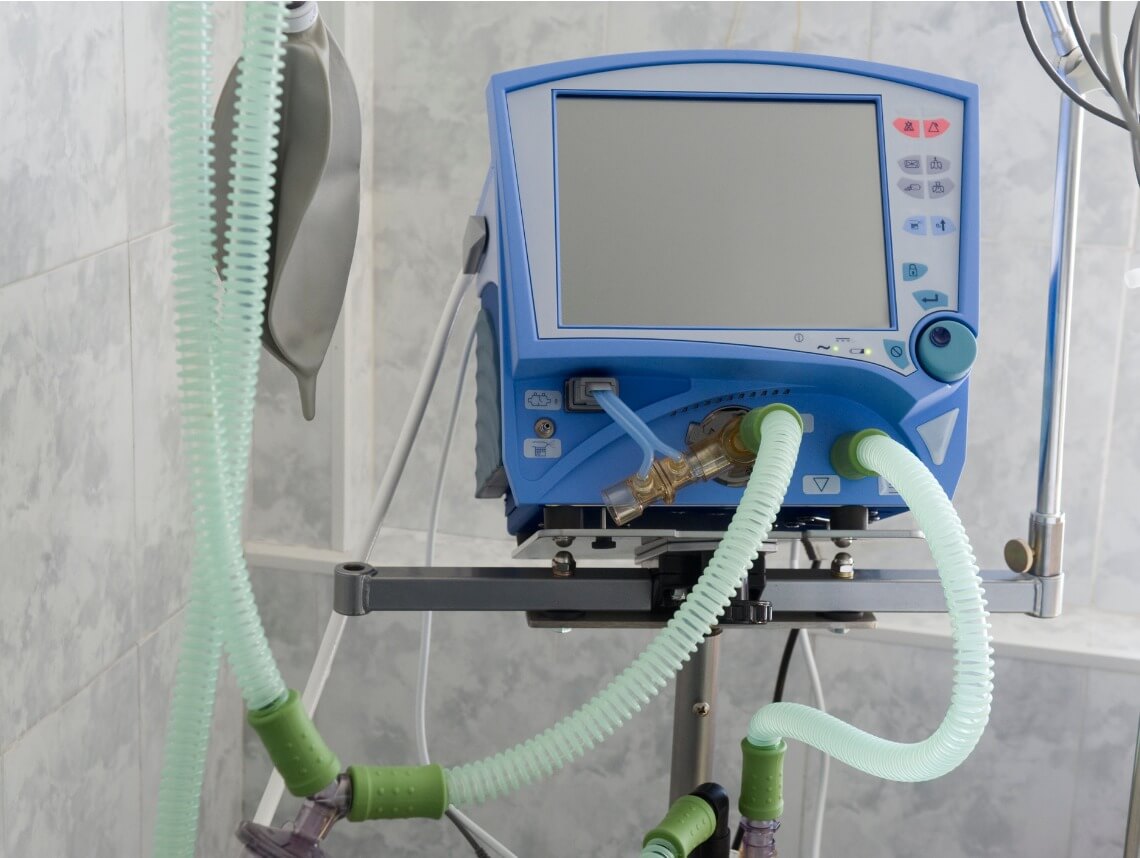
Voice technology has emerged as a game changer in the recent technological landscape. Additionally, the use of artificial Intelligence has reduced the need for manual documentation in many spheres. Healthcare has the potential to benefit the most from these technologies. The industry stands at a cross roads today. Doctors are the main users of technology in their professional life as cutting-edge medical innovations are breaching new frontiers every day.
Voice technology in the realm of Electronic Health Records

A modern healthcare system cannot be efficiently run without technology. The EHR or hospital management information system is an integral part of the industry today. It is nearly impossible to run a large facility without a smart back end support system. The data is managed to make the administrative machinery efficient and cost effective.

Doctors have been reluctant in stepping away from their core job of attending to patients and filling bulky documentation as a part of their daily routine. The general consensus amongst healthcare providers is that doctors hate extensive typing that is a part of any HMIS. They are tech-savvy but prefer using speech to convey their instructions, prescriptions and other paper work. This gap can be filled by using technology. The burden on doctors can be reduced significantly. Errors can be minimized and each system can be personalized to suit the personal preference of the user. Voice technology can bridge the yawning gap between the reluctance of the doctor to adapt to new technology and the need of the market.

Voice technology can include conversion of speech to text, and could have tremendous impact in the area of data localization or regional languages. The demonstrated ability of the voice to text technologies to create documents, reminders, flag issues and predict suggestions has been a boon for doctors.

This technology has created a virtual assistant in the emergency room for the healthcare professional. Critical tests can be flagged with the help of Artificial Intelligence. For example, if a patient has come in with chest pain, the system can be used by the doctor to flag a Homocystiene test or a Trop-T test to rule out a cardiac issue. The voice prompt ensures a zero error diagnosis. The system can be adapted to issue voice prompts for tests, medicine reminders and so much more.
Voice technology in hospital management systems (HMIS)
The use of voice technology can prompt more doctors to use the OPD/IPD software that is a part of the HMIS. This will ensure that patient records are maintained and the hospital can actually generate revenue from the process. For example, if the doctor has prescribed medicines or pathology test the information can be transferred to the department and there is no leakage in the interim that is the patient does not walk out to another facility if the order process is seamless. The doctor is advising in real time and the information is processed in the same manner.
The use of this technology can also revolutionize the way the healthcare industry looks at maintaining records. Records can be used to spearhead marketing thrusts by the hospital and create a personal brand for the doctor. The patient centric approach ensures that the loyalty of the patient life cycle is with the healthcare facility.
The doctor may be a visiting consultant in more than one hospital. This may entail that the patient needs to visit him in multiple venues. Records can help the doctor to diagnose faster and correctly. In a country like India, missing past prescriptions and records is common. This will ensure that patient care is optimum and the doctor’s efforts at documenting are minimized. A happy marriage of voice technology with automation will optimize the time of the healthcare professional. Time saved is money earned. The doctor is free to see more patients in less time, provide more efficient care and also create a personal brand.
Also read: Thumbay Group Building Futuristic Business Model in Education, Healthcare & Research
Disruption in healthcare
Many healthcare services have integrated voice assistants already available in the market to connect with their users. Some services allow users to get directions to nearby facilities making user access easy. Some applications have voice enabled medication dosing and usage instructions that can be accessed by users. Applications like Alexa, Siri, Cortana etc have made user friendly changes in the way caregivers offer services.
The technology is evolving rapidly and the seamless integration in the way doctors prescribe has made rapid changes in the sector. The inclusion of a robust and effective voice strategy can connect healthcare providers and patients. A judicious mix of voice assistants, artificial Intelligence and machine learning, chatbots and voice search can revolutionize the way healthcare delivery works in the current scenario.
(Writer is Kunal Kishore Dhawan CEO of Navia Life Care. Views expressed are a personal opinion.)
Be a part of Elets Collaborative Initiatives. Join Us for Upcoming Events and explore business opportunities. Like us on Facebook , connect with us on LinkedIn and follow us on Twitter , Instagram.
"Exciting news! Elets technomedia is now on WhatsApp Channels Subscribe today by clicking the link and stay updated with the latest insights!" Click here!
















